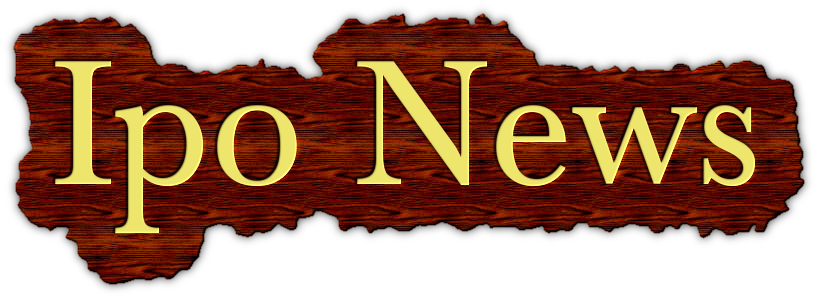Drugmaker Shire Plc (SHP.L) clinched its six-month pursuit of Baxalta International Inc (BXLT.N) on Monday with an agreed $32 billion (22 billion pound) cash and stock offer, catapulting it to a leading position in treating rare diseases.
The London-listed group, which first approached the U.S. company with an all-stock offer in July, won over the maker of treatments for rare blood conditions, cancers and immune system disorders after adding a cash sweetener.
Shire's U.S.-traded shares (SHPG.O) fell 9 percent, however, as investors worry about a potential competitive threat from Roche (ROG.VX) to Baxalta's critically important haemophilia franchise, and on nerves over the price offered and a cost savings forecast that Jefferies analysts called "somewhat disappointing."
The deal marks a strong start to mergers and acquisitions in healthcare in 2016 after the sector had its biggest deal-making streak in history last year, with global transactions totalling $673 billion, according to Thomson Reuters data.
It also highlights the appeal of medicines for rare diseases targeting small groups of patients for which drugmakers can charge hundreds of thousands of dollars a year.
"Together we will have the number one platform in rare diseases with a strong foundation for future growth," Shire Chief Executive Officer Flemming Ornskov told reporters, after unveiling his company's most ambitious acquisition yet.
Shareholders will receive $18 in cash and 0.1482 Shire American depositary share per Baxalta share, implying a total value of $45.57 per share based on Jan. 8 prices. That is 37.5 percent above Baxalta's price on Aug. 3, before Shire went public with its interest.
Illinois-based Baxalta, which was spun off last year from Baxter International Inc (BAX.N), rejected Shire's previous $30 billion all-stock offer in August, arguing it significantly undervalued the company.
But Ornskov relentlessly pursued Baxalta, seeking to pressure it into agreeing to a deal by meeting with Baxalta's major shareholders over a period of months.
That enabled it to sidestep a hostile deal in which it would have faced takeover defences including a "poison pill" that stopped unwanted suitors from buying more than 10 percent of the company and a hard-to-replace board.
Shares of Baxalta closed down 2.3 percent at $39.10 on the New York Stock Exchange, giving back earlier gains.
TAX BENEFITS
Shire had initially offered only stock due to concerns a cash element might jeopardise the tax-free status of Baxalta's spin-off from Baxter. However, Ornskov said he was confident that adding $18 in cash would maintain this tax-free status.
"We came out without any doubt that this was not jeopardising the tax-free nature of the spin," Ornskov said.
Together, the two companies said they expected to deliver double-digit sales growth with more than $20 billion in annual revenue by 2020.
With annual operating cost synergies of more than $500 million, additional revenue synergies and tax benefits from Shire's Irish domicile, Shire said it expected the transaction to boost non-GAAP diluted earnings from 2017.
Baxalta brings Shire a strong position in haemophilia treatments, although that could face a serious challenge by late 2017 or 2018 from Roche's experimental antibody ACE910 that received breakthrough designation - given to potentially important advances over current treatments - from U.S. health regulators. The Roche drug has a long half-life that could allow for less frequent dosing.
"A lot of people don't like the deal" largely due to its dependence on Baxalta's haemophilia franchise, said John Boris, analyst with Suntrust Robinson Humphrey.
"They believe Shire is buying an asset that is going to be under pressure, so it may not reach the $20 billion revenue by 2020 target," Boris said.
UBS analysts cautioned that Baxalta could actually dilute Shire earnings from 2019 to 2023 before being accretive again from 2024.
Thanks to its base in Dublin, the combined company is expected to have an effective tax rate of 16 to 17 percent by 2017, down from around 23 percent for Baxalta, making the deal the latest transaction to result in lower tax rates.
Ornskov has stepped up his acquisition efforts in the rare diseases space after a planned takeover by U.S. drugmaker AbbVie Inc (ABBV.N) fell through last year. He bought NPS Pharmaceuticals for $5.2 billion in February and Dyax for $5.9 billion in November.
Shire signed an $18 billion facility to help finance its latest purchase.
Shire was advised by Evercore, Morgan Stanley, Barclays and Deutsche Bank. Baxalta was advised by Goldman Sachs and Citi.
According to Freeman/Thomson Reuters estimates, Shire's advisers could be in line for fees of $50 million-$60 million and Baxalta's may earn $70 million-$80 million.
Baxalta said the termination fee on the Shire merger was equal to $369 million.




Blogger Comment
Facebook Comment